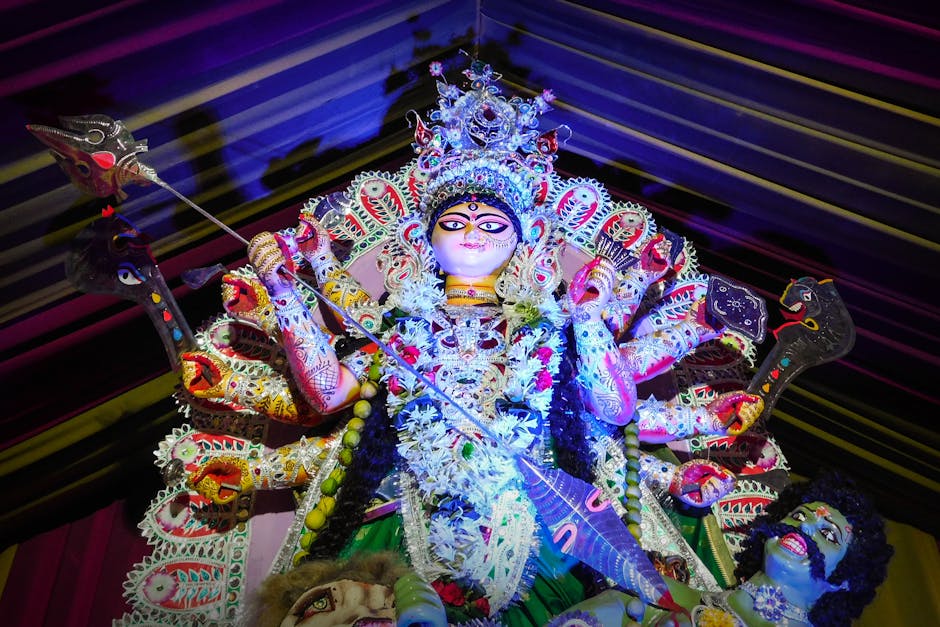Mumbai – The political temperature in Maharashtra has skyrocketed following the Lok Sabha election results, sparking a fierce war of words between the Uddhav Thackeray-led Shiv Sena (UBT) and the Bharatiya Janata Party (BJP). The flashpoint for this latest clash is a controversial remark by Mumbai BJP chief Ashish Shelar, who attributed a Congress victory to a “Mamdani pattern,” a comment the Sena has vehemently condemned as an insult to Mumbai’s voters.
What is the ‘Mamdani Pattern’ Controversy?
The dispute began with Shelar’s analysis of the unexpected defeat of high-profile BJP candidate Ujwal Nikam by Congress’s Varsha Gaikwad in the Mumbai North Central constituency. Shelar controversially claimed the victory followed a “Mamdani pattern,” a loaded reference to a 1984 election where a consolidation of Muslim votes allegedly secured a surprise win. The term, implying communally polarized voting, was a clear jab at the Maha Vikas Aghadi (MVA) for what the BJP perceives as minority appeasement.
Sena’s Fierce Rebuttal: ‘A Lesson for the Arrogant’
Shelar’s comment drew a swift and blistering counter-attack from the Shiv Sena (UBT), which is fighting to reclaim its identity as the primary custodian of Marathi and Hindu pride.
Leading the charge, senior Sena (UBT) leader and MP Sanjay Raut tore into the BJP, accusing them of being unable to gracefully accept a democratic defeat. “This is not a ‘Mamdani pattern’; this is the pattern of Mumbaikars teaching a lesson to the arrogant,” Raut declared at a press conference. He framed Shelar’s remark as a direct insult to the entire electorate of Mumbai, which includes Hindus, Marathis, and people from all communities who voted for the MVA alliance.
Uddhav Sena’s Masterstroke: ‘A Marathi Hindu will…’
The core of the Sena’s retort was a direct challenge to the BJP’s narrative, delivered with a mix of defiance and confidence. Raut emphatically stated, “They are worried. They can see the writing on the wall for the Vidhan Sabha elections. Let them say whatever they want, but the truth is that the next Chief Minister of Maharashtra will be from the Maha Vikas Aghadi, and mark my words, a Marathi Hindu will sit on that chair.”
This statement is a masterstroke in political messaging. By asserting that a “Marathi Hindu” will become the Chief Minister, the Uddhav Sena is strategically reclaiming the two core tenets of its ideology—Marathi identity and Hindutva—which the BJP and the Eknath Shinde faction have accused it of abandoning. It serves as a powerful rebuttal to the BJP’s attempts to portray the Sena (UBT) as a party that has compromised its principles.
The Battle for Maharashtra’s Soul
The controversy highlights the deep narrative battle underway in Maharashtra. The Lok Sabha results, where the MVA significantly outperformed the ruling Mahayuti alliance, have emboldened the opposition. The BJP, on the other hand, appears to be doubling down on a polarization strategy, attempting to frame the MVA’s success as a product of consolidated minority votes.
As Maharashtra barrels towards Assembly elections, this skirmish is a clear preview of the campaign to come. It promises a no-holds-barred contest fought over identity, ideology, and the heart of Mumbai.




